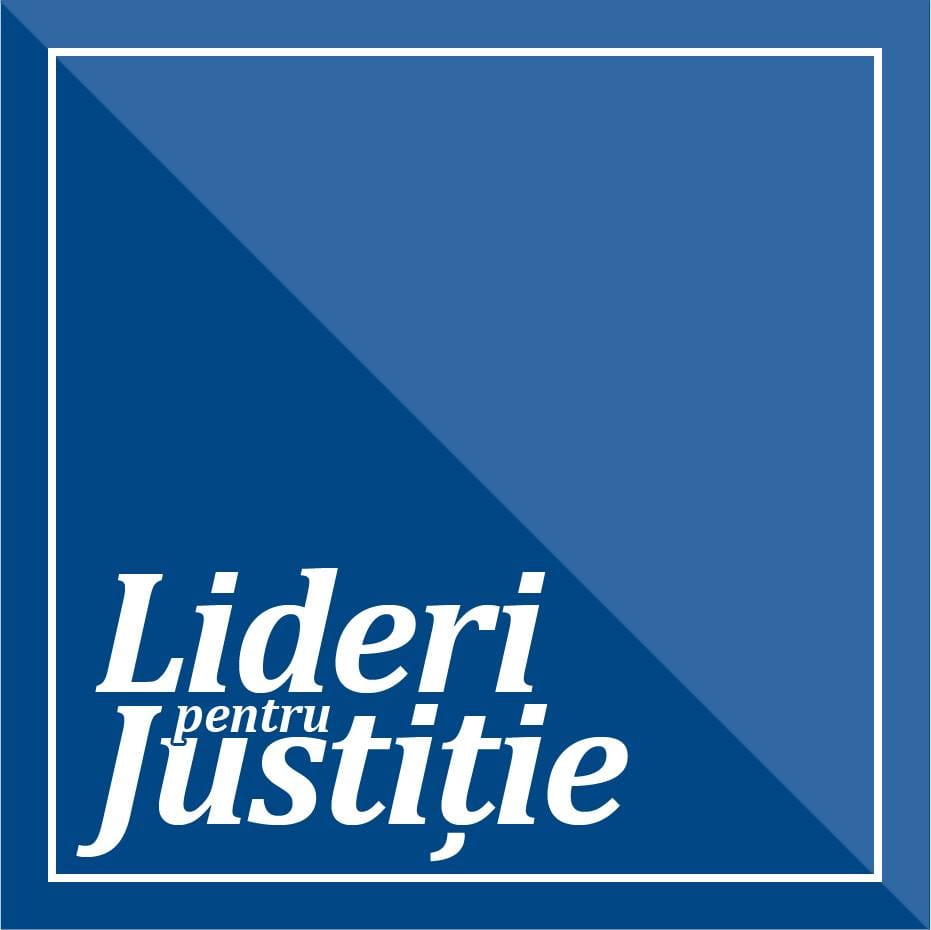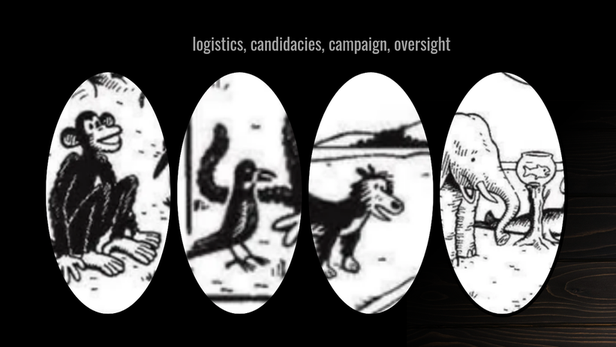It all seems so stupid
It makes me want to give up
But why should I give up
When it all seems so stupid?
Indeed, elections are over… Local elections, to be more exact–because the legislative elections are just around the corner–maybe October, maybe November?!? Strictly from an anti-corruption perspective, two lessons should be learned from the local elections:
- Corruption is not (or no longer!) an issue for the local agenda 🙁 Just as expected from various happenings ahead of, and during, the electoral campaign, people are interested more in the short-term effectiveness of local government, rather than its long-term integrity.
- Allegedly corrupt politicians came out “clean” off the popular vote 🙁 Negative press is still good publicity–and well-known politicians seem to be more “appealing” and/or “trustworthy” when called to solve local problems, regardless of their shady past or shaky future.
But is it sufficient to be popular, notorious, (re-)elected, for being credible, legitimate, legit?!? How shall we reconcile representativity with rule-of-law, especially when representation is suspected as lawless, and representatives are suspected outlaws?!? What would be UNCAC‘s fate without a proper balance among these concepts?!?
Some analysts think the entire nation is corrupt, hence the outcome is not surprising 🙁 Others note the Romanian voters’ inclination towards short-term solutions to stringent problems, such as jobs, infrastructure, health and education… Visions of the future, although much to the liking of elite politicians, journalists and commentators, have little or no impact on the troubled masses 🙁 At least not during the local elections–possibly a topic for the legislative elections?!? Since the fall 2008 elections will follow the new voting system (prima facies first-past-the-post, with a heavy proportional compensation/redistribution), some analysts fear that more corrupt characters would find their way towards parliamentary immunity 🙁 The others, however, prefer to proclaim the death of the old transition cleavages (anti-communism and anti-corruption), and are keen to identify the new cleavage, possibly related to living standards, economic growth, environment and/or architectural conservation, durable development, European identity, etc… In spite of my previously optimistic aspiration, I doubt that we are prepared, in terms of civic and/or political culture, to debate on alternative ways for doing something, rather than fight against 🙁
Let me share another thing I noticed: Though it’s probably the last time we used closed party lists in elections, there was no discussion whatsoever about the lists of candidates for the local councils–whether at township, city or county level 🙁 Apart from a few listed names, we really have no idea as to who’s gonna “represent” our interests in the local legislative bodies, since most of campaigning and pretty much all of media coverage focused on the executives. Adding to the injury, almost nobody seems interested in the make-up of Regional Development Councils–the decision-making bodies in charge of disbursing EU funds for regional development. Of course, one would expect ANI–the National Integrity Agency to check on such people and make sure no “culprits” make their way to both “the cake and Edith, too”… But ANI‘s not yet operational, and needs money to complete the backbone of its operations–the automated database that would screen individual declarations of assets and interests against job descriptions and particular decisions. At least 6 months would be necessary for the completion of an international open tender for this project, after the (currently postponed) Cabinet’s decision to finance the project…
Under these circumstances, who else is there to rely on?!? The Anti-Corruption Prosecution still struggles with the legal framework against the “big fish”; the Constitutional Court confuses everybody with decisions that effectively bend the text of the Fundamental Law upon a whim; the Parliament appears to have reinstated immunity in spite of the 2003 amendments to the Constitution; the Court of Accounts remains powerless, without leadership; the Superior Council of Magistracy doesn’t seem to bother (at all!) over the Parliament’s thwarting the separation of powers when playing judge and jury… The media–radical, adversarial and partisan–seem incapable to enlighten the public, and voters simply shun from elections 🙁 Yes, the President formed a constitutional review committee, in order to prepare new amendments or even a totally new text… But I doubt that a mere piece of paper or a concept, such as rule-of-law, can win the day against particular individuals allied to amass power and wealth by all means available. The Pope has no divisions, but Christianity’s a different cup of tea! Will rule-of-law in Romania find a champion, equally popular and legit, in order to triumph?!? Hope alone can’t help, so I guess we should simply keep the faith…






